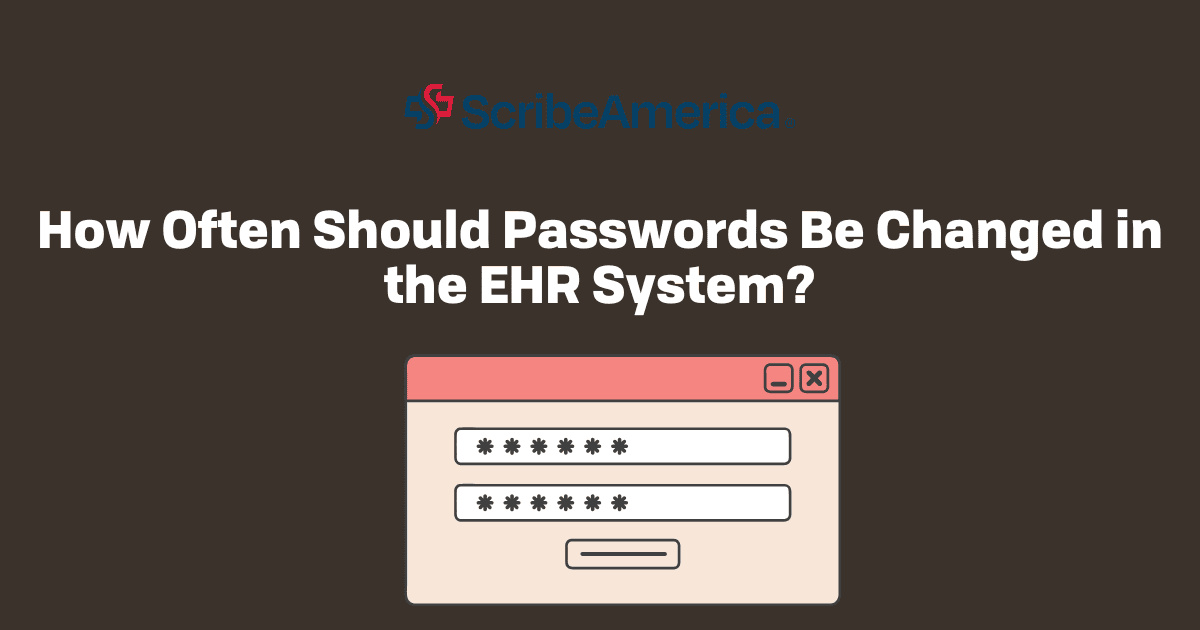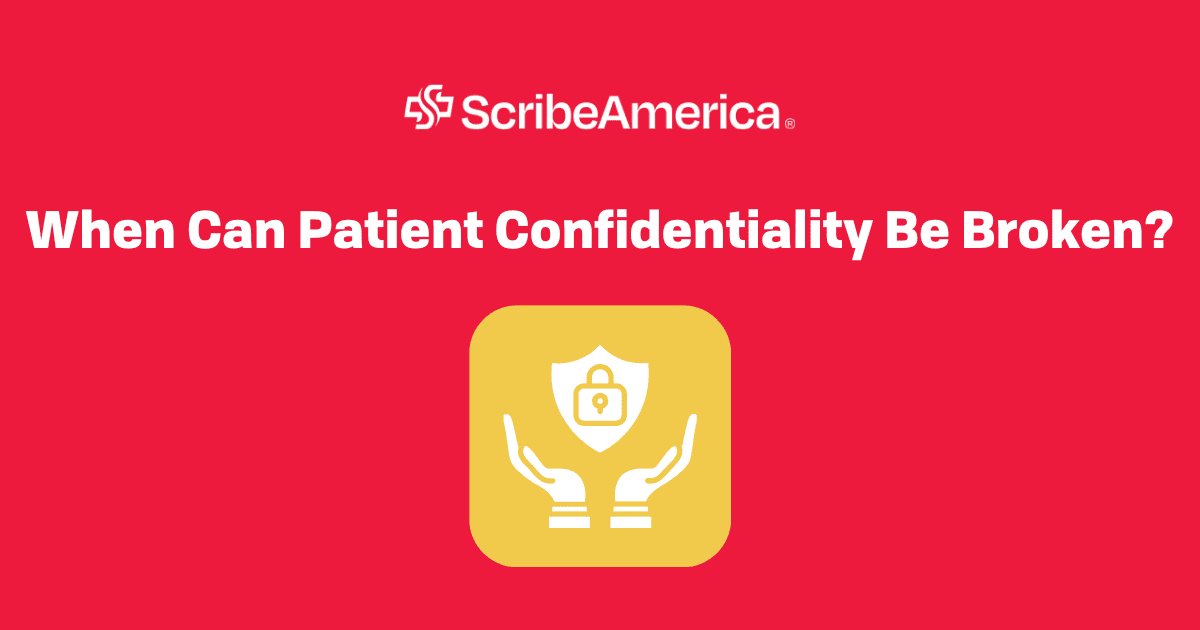Key Takeaways:
- Bilingual healthcare professionals improve patient care by effectively communicating with patients from diverse linguistic backgrounds.
- Bilingualism enhances collaboration and teamwork among healthcare professionals, reducing misunderstandings and improving patient outcomes.
- Being bilingual opens up career opportunities in various healthcare roles, such as medical interpreters, physicians, and patient advocates.
Bilingual healthcare professionals contribute to healthcare access and equity, especially in underserved communities.In an increasingly diverse world, the ability to communicate effectively across language barriers is an invaluable asset, particularly in professions where clear and accurate communication can be a matter of life and death. Within the healthcare industry, being bilingual opens up a multitude of opportunities and offers numerous benefits not only to the professionals themselves but also to the patients they serve. Let's delve into the advantages of being bilingual in the healthcare field.
What Are the Key Benefits of Being Bilingual in Healthcare?
Being bilingual in the healthcare industry offers several advantages, particularly in patient care, collaboration, and career growth. Some of the most significant benefits include:
1. Enhanced Patient Care in Healthcare
One of the most significant benefits of being bilingual in the healthcare industry is the ability to provide better care to patients from diverse linguistic backgrounds. Effective communication is fundamental to understanding patients' symptoms, concerns, and medical histories accurately. When healthcare professionals can converse fluently with patients in their native language, it fosters trust and improves patient-provider relationships. Patients feel more comfortable expressing their symptoms and asking questions, leading to more accurate diagnoses and tailored treatment plans.
Additionally, bilingual healthcare providers can educate patients about their conditions, treatment options, and preventive measures in a language they fully understand. This improves patient empowerment and ensures better adherence to medical recommendations, ultimately contributing to improved health outcomes.

2. Improved Collaboration and Teamwork in Healthcare Settings
When talking about advantages of being bilingual in healthcare, it’s crucial to mention that collaboration among multidisciplinary teams is crucial for delivering comprehensive patient care. Being bilingual enhances communication not only with patients but also among colleagues who may come from diverse linguistic backgrounds. Effective communication streamlines processes, reduces misunderstandings, and fosters a cohesive work environment.
For instance, medical scribes and care navigators play vital roles in healthcare teams, assisting physicians and patients alike. A bilingual medical scribe can accurately translate medical documentation, ensuring that patient records are complete and accurate. Similarly, bilingual care navigators can bridge communication gaps between patients and healthcare providers, facilitating smoother interactions and reducing the risk of miscommunication.
Explore our job postings for our bilingual scribes to apply into:
- Bilingual Spanish Medical Scribe in Washington, DC
- Bilingual Spanish Medical Scribe in Miami, FL
- Bilingual Spanish Medical Scribe in Santa Maria, California
3. Expanded Career Opportunities in Healthcare
Being bilingual in the healthcare industry significantly expands career opportunities. As healthcare systems strive to provide culturally competent care to increasingly diverse populations, the demand for bilingual professionals continues to grow. Hospitals, clinics, and other healthcare organizations actively seek bilingual individuals to fill roles such as physicians, nurses, medical interpreters, and patient advocates.
Moreover, bilingualism opens doors to specialized roles, including community health outreach workers, cultural liaisons, and medical translators. These positions not only provide rewarding career paths but also allow professionals to contribute meaningfully to improving healthcare access and equity in underserved communities.
The Takeaway: The Value of Being Bilingual in Healthcare
The benefits of being bilingual in healthcare are clear. From enhancing patient care and improving teamwork to expanding career opportunities, fluency in multiple languages is an invaluable asset in the bilingual healthcare sector. As the global landscape of healthcare continues to evolve, being bilingual is no longer just advantageous; it is essential for delivering high-quality, culturally competent care.
Whether working as a physician, nurse, medical scribe, or care navigator, proficiency in multiple languages opens doors, breaks down barriers, and fosters meaningful connections that go beyond linguistic differences. Embracing diversity and leveraging language skills in healthcare not only enriches individual careers but also helps build healthier, more inclusive communities.





